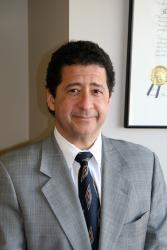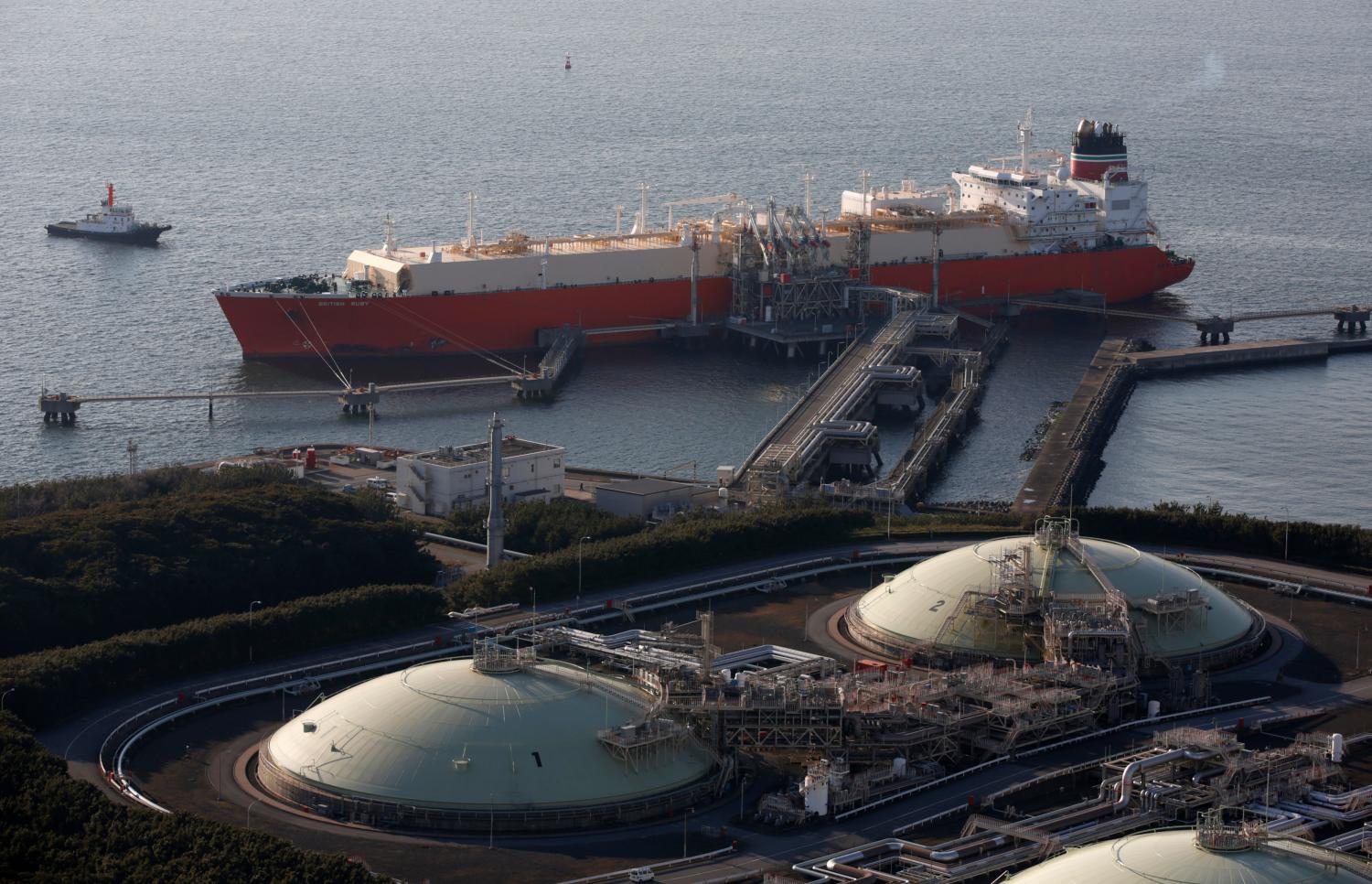Over the past year, the national debate on the wisdom of exporting of liquefied natural gas has evolved considerably.
Numerous studies examining the feasibility and impacts of LNG exports from the U.S. have been published, including a May 2012 report by the Brookings Institution, and reports by the Energy Information Administration (EIA) and NERA Economic Consulting on behalf of the Department of Energy in January and December of 2012 respectively, as well as studies by Rice University, MIT, and others. The preponderance of analytical evidence suggests that the U.S. has sufficient supplies of natural gas to support LNG exports, that production would likely increase to meet export demand, that the geopolitical benefits of LNG exports are significant and that the impacts of LNG exports on U.S. natural gas prices would be modest. Most notably, the NERA report projected that LNG exports would provide a net macroeconomic benefit to the U.S. at almost any level, although the global demand for LNG exports from the U.S. has limits – many other countries seek to export LNG as well.
The recent DOE conditional approval of Freeport LNG Expansion, L.P.’s application to export LNG to countries which the U.S. does not have a free trade agreement with (non-FTA countries) served to clarify the debate immensely, as DOE accepted the findings of the NERA study, addressed questions of price impacts and net benefit and pledged to consider the cumulative impact of LNG export application approvals as it grants these non-FTA permits. As a result, the debate has shifted away from questions of price and supply, and to the volume of projects that should be approved and the order in which applications will be considered. The approval process today appears to commit the Department of Energy to consider the numerous applications before it in chronological order, with no assurance that projects that are commercially mature will be considered before those that are less mature, or may not pass technical reviews for years. This makes the process unclear and runs the risk of delaying fully vetted projects in favor of those still under review, and giving a false impression to the public about the real cumulative impact of non-FTA approvals. The opacity of the approval process undermines the Department of Energy’s stated objectives of promoting a transparent process that makes commercial sense and does not impede investment in upstream production. In this note we examine these risks and process concerns and offer a modest suggestion on how the approval process can be adjusted to make it clearer, fairer and more commercially sensible. With Secretary of Energy Moniz committed to review the LNG export permit process, the time is ripe for consideration of process adjustments.
The Current Application Approval Process
The Office of Fossil Energy at DOE (DOE/FE) has published the order in which it will consider applications to export LNG to non-free trade agreement (FTA) countries. The queue is set by the order that applicants filed requests for non-FTA permits with DOE as of December 2012, filtered by those that have also initiated the pre-filing process for an application with the Federal Energy Regulatory Commission (FERC). After this group, permits are to be considered in the order in which they were filed with DOE. DOE has not provided a formal timeline for review of pending applications, but officials have suggested that the agency will consider future applications about every two months. The Freeport Order states that in considering subsequent applications DOE will assess the cumulative impact of prior orders [Freeport, DOE/FE Order No. 3282, May 17, 2013, p. 112] and will examine whether its assumptions on the impacts of exports on price, production and volatility remain valid [Freeport, DOE/FE Order No. 3282, May 17, 2013, p. 113].
Uncertainties of the Current Process
By issuing conditional orders to applicants on a first-come, first-served basis, DOE confers a marketing benefit or rent to applicants before they have completed the formal regulatory requirements to fully assess the environmental and safety impacts of the project through review by FERC, or have provided details about the pricing and sales structure of the export arrangements. This creates two uncertainties. One is the basis by which DOE will assess the cumulative impact of prior orders when the projects that have been issued conditional export licenses may possibly not complete the FERC review process or reach a final investment decision (FID). DOE’s calculus is not yet transparent or predictable. The second uncertainty is how DOE will address the circumstance where an applicant has demonstrated commercial viability, including a successful FERC application review and the submission of contract transaction details required by the U.S. Code of Federal Regulations [10 C.F.R. §590.202(b)], yet may be at the back of the DOE export license queue. Will a commercially ready project have to wait for those ranked further ahead to be considered? Will its permit be evaluated on the presumption that other projects ranked ahead in the queue, and those that have conditional orders, will actually produce the export levels they are permitted for?
Risks
The current process risks putting the U.S. government in the position of delaying commercially mature projects over immature or potentially non-viable projects, owing to environmental or safety issues that will be exposed through the FERC application review process. This is not consistent with the government’s goals of a transparent, fair and predictable process. It risks overestimating the cumulative impact of permits if those projects fail to obtain a final FERC certificate or reach FID. It also could risk claims by companies contracting to import LNG that that the failure to grant a permit is inconsistent with the U.S. government’s World Trade Organization (WTO) obligations. Furthermore, it could serve as a deterrent to contracting and trade between domestic industry and international counterparties, who perceive growing political risk owing to the opacity of the current review process. At minimum the current process risks delaying projects, delaying upstream investment that may relate to planned exports, or even ceding the LNG export market to countries able to grant regulatory authority to export more expeditiously.
A Dynamic Chronological Order
One simple fix to address these uncertainties would be for the Department to allow a commercially mature permit application to receive priority consideration. This would create a process with a modestly dynamic chronological order. Specifically an applicant would need to:
- Present to DOE completed and signed contracts with counterparties who wish to receive U.S. LNG exports from a project for sale to non-FTA countries.
- Make substantial progress in the FERC evaluation of a project’s siting and environmental impacts, as indicated by a formal application filing at FERC.
Requiring that applicants follow the law and satisfy these two requirements will allow DOE to devote resources to LNG projects that have demonstrated seriousness of purpose through commercial contracting and a commitment of resources to satisfy the NEPA review. It also would help neutralize a source of potential political conflict over the scope of permits issued for LNG exporting, as mature projects would have a path forward past projects which have yet to complete pre-filing. This approach would also ensure that commercial viability plays a greater role in determining which LNG exports projects move forward, while still respecting the chronological order. If two projects reached this commercially mature stage at the same time, they would be considered in the order DOE has already published. DOE should clarify that this exception, or allowance for expedited consideration, requires the filing of a project application at FERC, rather than mere entry into the pre-filing phase.
DOE can adopt this process by simply stating its intended procedure through the DOE website or a notice in the Federal Register. A formal rulemaking would not be required. The current order of consideration was published on December 5, 2012, by a notice posted to DOE/FE’s website by its Office for Oil and Gas Global Security and Supply. Since this was not done by rulemaking, a revision of this process should also simply require notice, not a rulemaking.
In the long-run, DOE might also consider whether continuing to grant conditional orders before applicants complete the FERC pre-filing process is the most efficient use of resources and permits. Applying this commercial maturity test to all applications would also enable the Administration to minimize liability that may result from approving large volumes of LNG exports, since projects that are not in reality commercially viable would not prevent viable projects from being fully reviewed.
As stated previously, the debate on exports of LNG from the U.S. has evolved greatly. DOE has taken great strides to provide industry with a sense of certainty about the Administration’s view on LNG exports, as well as to consider in great depth the concerns of other industries and interest groups with regards to LNG exports, in the wake of a tidal shift in the U.S. energy landscape. More can be done to streamline the process, and DOE, under the guidance of its new Secretary, is up to the task.
David L. Goldwyn is a former Special Envoy for International Energy at the U.S. Department of State and is a Nonresident Senior Fellow with the Energy Security Initiative at the Brookings Institution.

